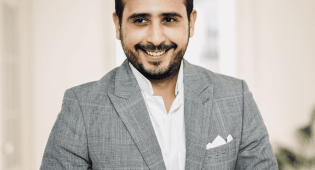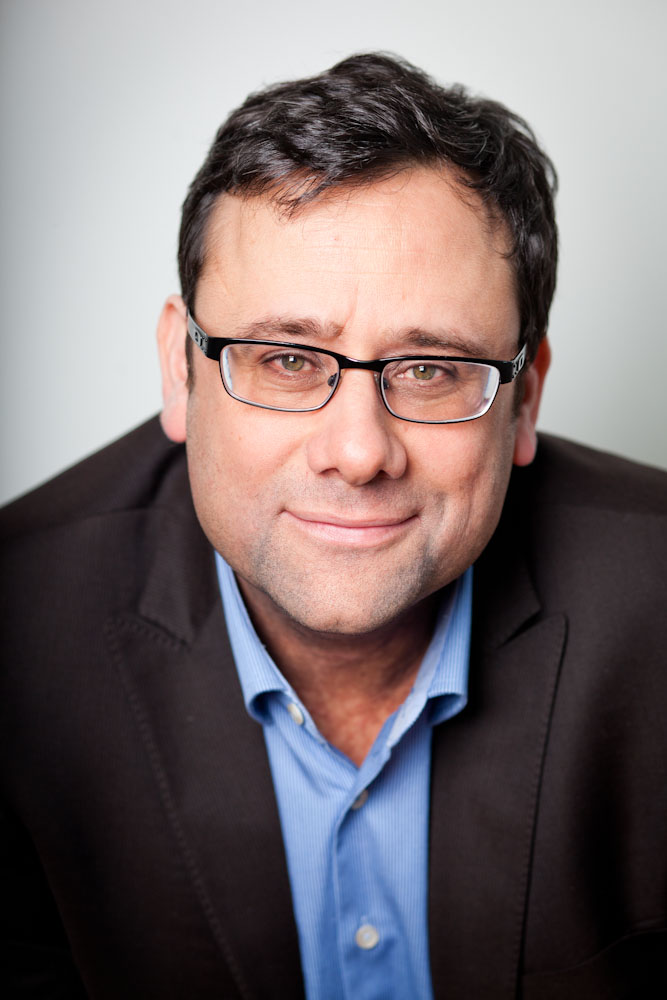
Analysis
News
Publié le : 13/12/2022
Hans Kribbe : the return of the concept of the “enemy”
Hans Kribbe is a founding partner of our partner agency Shearwater Global. He is also the author of the book “The Strongmen” on international politics. Previously, he was a policy advisor at the European Commission, working as an assistant to Competition Commissioner and Internal Market and Taxation Commissioner. At the European Commission, Hans worked on a wide range of regulatory and industrial policies, including intellectual property rights, services markets, the digital economy and tax policy.
He advised governments in Eastern Europe and the Middle East on foreign direct investment strategies and trade, advised companies on regulatory clearance of acquisitions, and worked with leading U.S. technology companies on antitrust, privacy and data issues.
Hans recently launched the Brussels Institute for Geopolitics in Prague with Luuk van Middelaar and Sébastien Lumet. He met with Emmanuel Macron, Olaf Scholz and Mark Rutte to lay the foundation stone. The institute aims to foster Europe’s strategic culture in our geopolitical era.
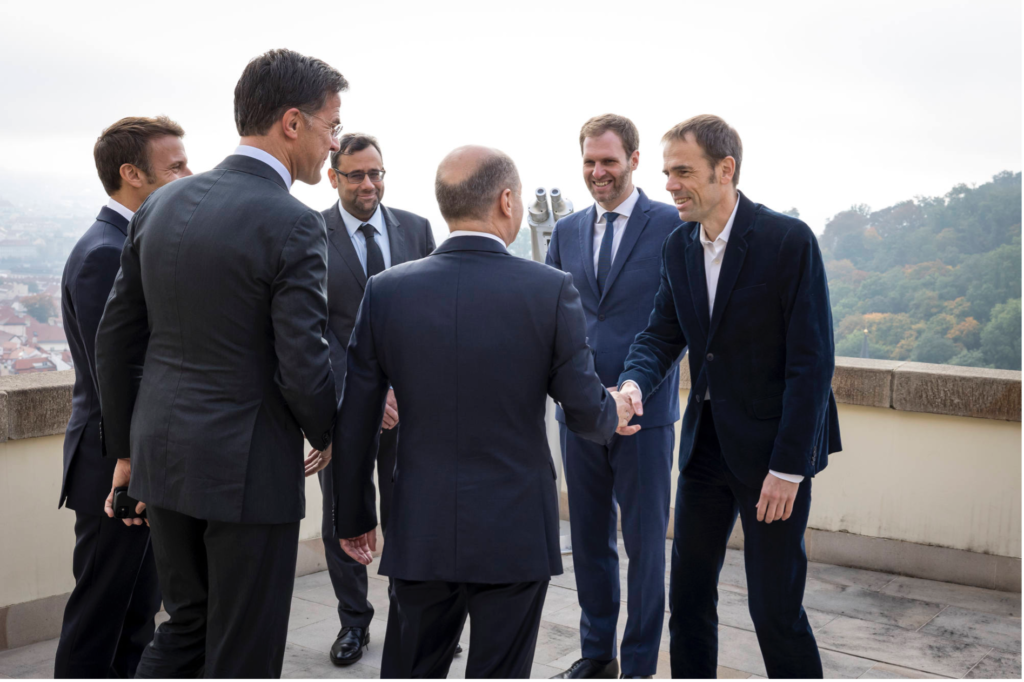
In a context of deterioration of our strategic environment marked by the return of war to Europe, do you think that the rearmament of Germany marks the first steps towards the birth of a powerful Europe?

If Europe is to be a geopolitical player, Germany, as the continent’s biggest state, obviously must play a big part. A strengthening of its defence capacity is certainly one element of what Chancellor Scholz has called the “Zeitenwende”, a very important step. But it is only one step.
A broader and deeper transformation is needed, in Germany and also other parts of Europe. We need to renew our political culture, the way we think and talk about international politics and Europe’s role in it.
In Brussels, the word “power” became a taboo.
Hans Kribbe
s
For some 75 years, throughout the entire post-War period, Europe thought of itself as a global beacon of the rule of law, peace and multilateralism. We rejected the language of power, geopolitics and sovereignty because this language seemed incompatible with Europe’s integration. In Brussels, the word “power” became a taboo.
But through the war in Ukraine and because of wider geopolitical trends such as the rise of China we have discovered that without bringing this language back, without the ability to think and act strategically, Europe won’t be able to defend and uphold its core interests.
Of course, we used to outsource geostrategy and power politics to the United States. But it seems unlikely the US will be prepared to defend our interests forever. Moreover, it’s important to also realis that sometimes the interest of the US are not quite the same as ours.
In your book “The Strongmen”, you think about the different dimensions and implications of the term power, can you remind us which ones? According to you, what form of power does Vladimir Putin exercise today?

In Ukraine, Putin has plainly resorted to force, physical and military strength. But this, indeed, is just one form of power in international politics.
Another form of power derives from economic connectivity and interlinkages, and one-sided dependency that might result from this. Germany and other European countries used to be dependent on Russian gas, something they are regretting now. For certain metals, so-called rare earths that are crucial for green technology, the EU heavily depends on China. These dependencies have geopolitical implications, which is why the EU is trying to find those metals from elsewhere in the world, including in Europe.
Russia, and also China, are increasingly investing resources in “the battle of narratives”, and with some success. In the Global South it is by no means clear that Europe and the West are winning this battle.
Hans Kribbe
fdd
Power, finally, is also linked with narrative and the ability to project an image of legitimacy and legality, which makes it easier to find friends and allies. And if you have allies, you stand stronger. This is why Russia, and also China, are increasingly investing resources in “the battle of narratives”, and with some success. In the Global South it is by no means clear that Europe and the West are winning this battle.
You stated in February 2021 in an interview with Le Grand Continent: “A functional diplomatic relationship is obviously not the same as a friendly relationship. Emmanuel Macron tried to redefine the diplomatic relationship with Vladimir Putin in this sense, starting by inviting him with great pomp to the Grand Trianon in Versailles in 2017. He was sharply criticized for this in Eastern Europe. But diplomacy was not invented to deal with friends. It was invented to negotiate with one’s enemies and rivals, to explore the ways of a dialogue that prevents one from going to war.” Today, do you think Emmanuel Macron has taken the right approach with Vladimir Putin?
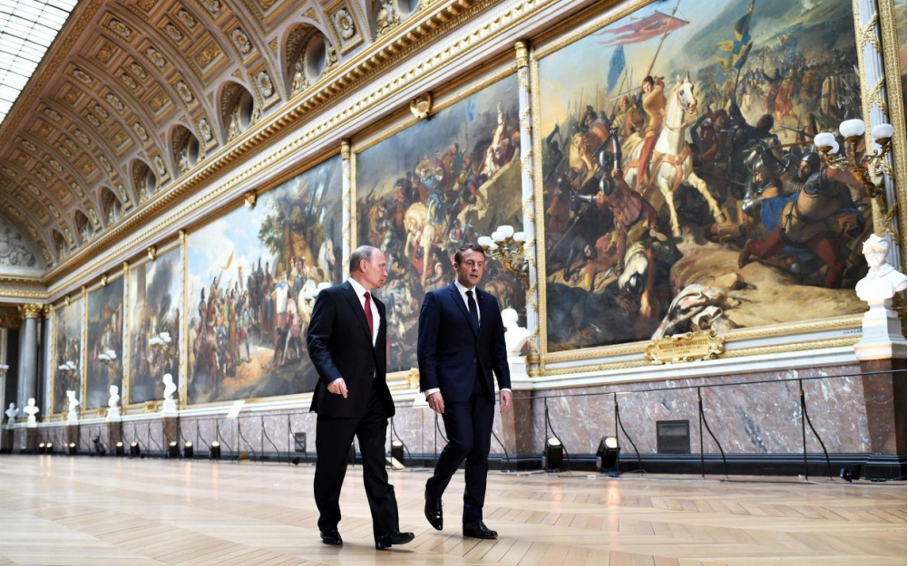
We have to face the fact that we’re sharing this planet with rival powers like Russia, with very different interests and viewpoints on what is right and wrong and how the global order is to be structured and designed.
What we are seeing is the return of the concept and category of the “enemy”.
Hans Kribbe
zsd
For decades we felt certain the world, Russia and China included, would progress to become democracies just like us, sharing our liberal values. But this does not appear to be happening. Instead, what we are seeing is the return of the concept and category of the “enemy”. We are now forced to reacquaint ourselves with this concept, as well as with the political skill of dealing with rival states and their leaders, who we don’t like, or who we even feel are repugnant, but who we also sometimes need.
And I believe that diplomacy, not just war, containment and competition, should be part of that. For example, we need China to help tackle the climate crisis. We need Liquefied Natural Gas (LNG) from Qatar. Recently, both Chancellor Scholz and President Macron urged Chinese leader Xi to put pressure on Moscow not to use nuclear weapons in Ukraine. And we’re also doing our best to keep Erdogan, president of Turkey, on board in managing the Ukraine conflict and its consequences.
For all these things you need diplomacy. I’m not saying diplomacy is always successful! But you need ways and means of doing business, of cooperating and making agreements also with illiberal states that don’t share our values, who are not our friends, but in many ways our rivals.
You said that “from Machiavelli we learn that power comes from taking the initiative, from acting, from setting things in motion”, do you think that this can be achieved by building an alliance between Europe and Africa, and if so, how can it be built? What role can economic interdependence play?
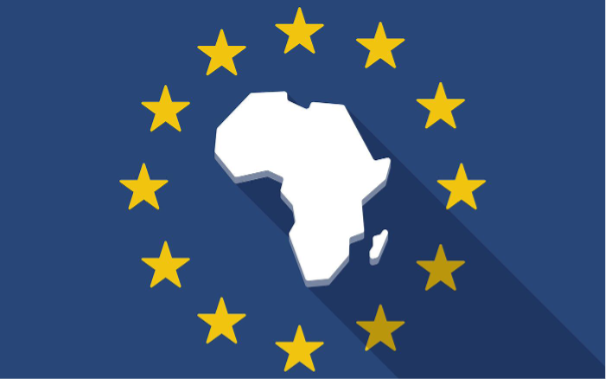
Machiavelli says that, as a rule, sitting back, applying a policy of watching and waiting, tends to be a bad strategy in geopolitics. All states and powers are in some sense hostage to fortune, he argues. But if you’re strong, bold and fearless, if you take the initiative and dare to act, you’re less likely to be swept away by the river of time or go under in the torrent of mostly random and often violent events.
If it comes to Africa, I would agree there is a great case for taking new and bold European initiatives.
Hans Kribbe
If it comes to Africa, I would agree there is a great case for taking new and bold European initiatives. Geographically, Africa lies just across the Mediterranean Sea. It can become Europe’s partner in green energy. It harbours a treasure of mineral resources. The continent’s population is young and projected to double by 2050, at a globally unprecedented growth rate.
Africa’s global footprint is going to get bigger, something that for Europe in principle also poses strategic risks. For example, instability and war in Africa could lead to greater and more frequent migration crises. But if we’re active and take the initiative, Machiavelli would counsel, the future is more likely to be more favourable for us.
Does the war in Ukraine, and the role played by the United States in this conflict, notably through massive military aid and the support of its intelligence services, mark a prejudicial failure in the construction of European strategic autonomy?
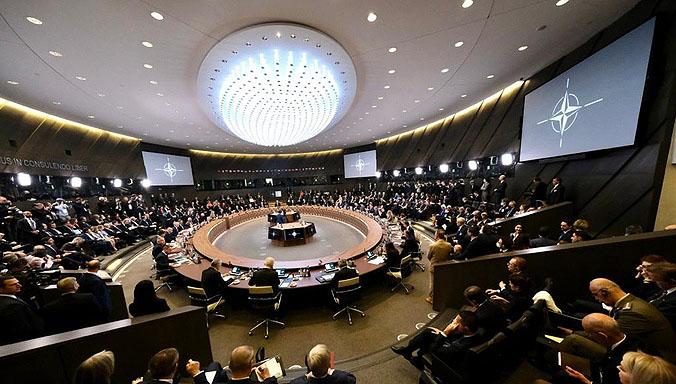
I don’t think anyone was really surprised by the US taking the lead in this crisis, not the Europeans. In fact, the EU and many of its members have done fairly okay, considering the relatively modest means they have.
Some big and previously unthinkable steps were taken.
Hans Kribbe
qsd
Some big and previously unthinkable steps were taken, such as Germany’s decision to boost its defence spending. We’re radically severing our energy ties with Russia, at huge expense that is incomparably higher than the cost to the United States. The EU decided to fund weapon purchases for Ukraine. Is there anyone who thought these steps were possible 12 months ago?
However, I agree Europe will progressively have to acquire the capacity to do more than this, and in time be able to do some of what the US has been doing in the current crisis. This does not mean the end of NATO, of course, or transatlantic defence cooperation. But it does mean growing the role of Europe inside the alliance, making our security less dependent on the US, including for intelligence.

